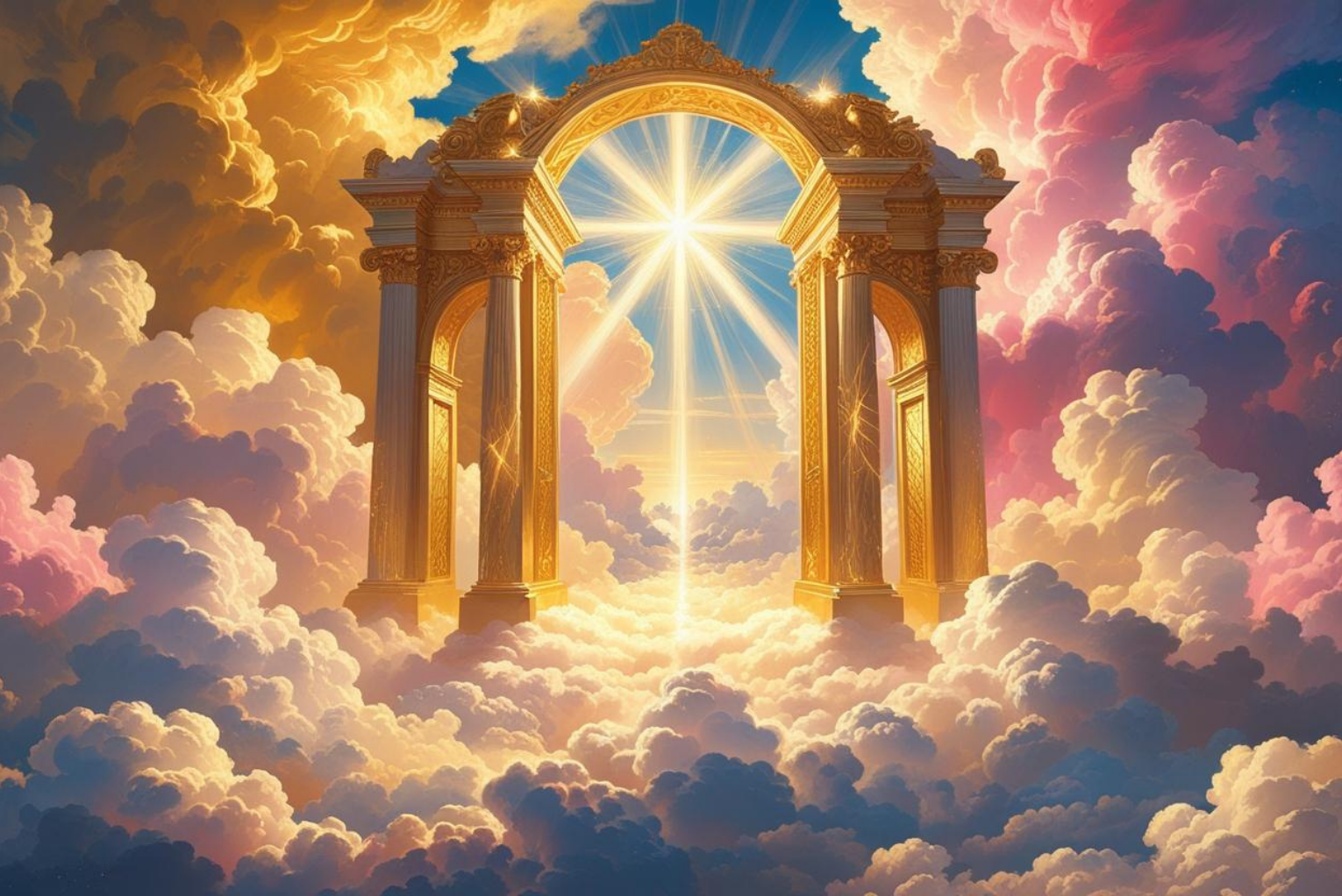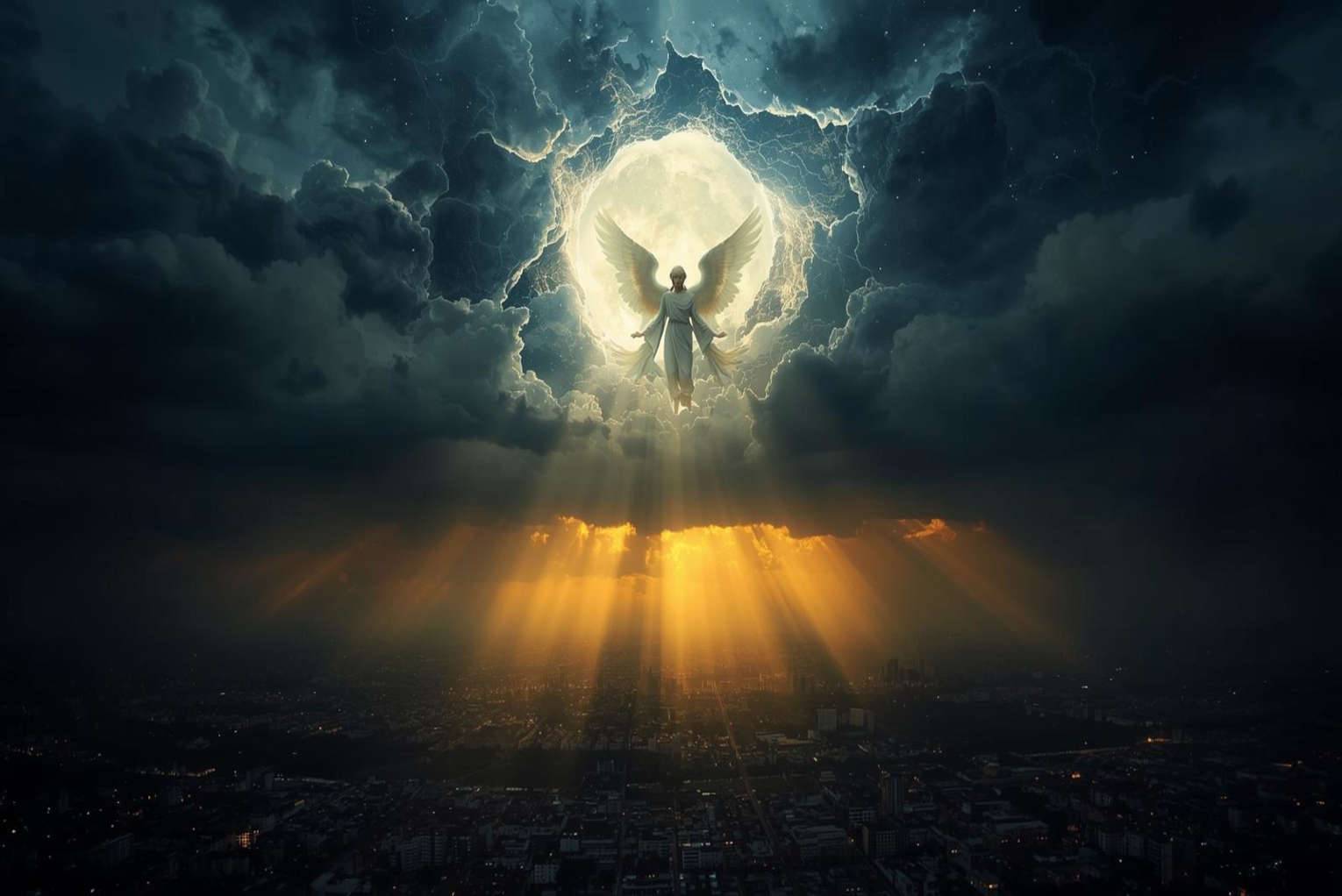It was a dramatic year in the Middle East. Here is my list of the top 5 most important events in the epicenter in 2013:
- Syrian death toll keeps climbing amidst horrific civil war & chemical weapons use in Damascus.
- Iran beguiles West with “charm offense” as it moves closer to the bomb.
- Saudis preparing to purchase Pakistani nuclear warheads.
- Egypt’s counter-revolution brings down the Muslim Brotherhood.
- Israeli leader declares Bible prophecies coming true in our lifetime.
What follows is a brief explanation of each development and why I believe they are so significant.
1. Syrian death toll climbs amidst horrific civil war and chemical weapons use in Damascus. Far and away, the greatest tragedy and humanitarian disaster in 2013 in the epicenter was the continued implosion of Syria.
- More than 130,000 Syrians have died.
- Some two million Syrians have reportedly fled their country, taking up refuge in neighboring countries.
- An estimated five million Syrians are “internally displaced” – they have fled their homes but have not yet fled the borders of their imploding nation.
A terrible evil has been unleashed. Syria is collapsing. It is hard to imagine putting the country back together any time soon. Indeed, we may be witnessing the beginning of the end of the geopolitical nation-state we have long known as “Syria.”
In August, Secretary of State John Kerry confirmed that chemical weapons had been used in Syria. “What we saw in Syria last week should shock the conscience of the world. It defies any code of morality,” Kerry said. “Let me be clear. The indiscriminate slaughter of civilians, the killing of women and children and innocent bystanders by chemical weapons is a moral obscenity. By any standard, it is inexcusable. And despite the excuses and equivocations that some have manufactured, it is undeniable. The meaning of this attack goes beyond the conflict on Syria itself. And that conflict has already brought so much terrible suffering. This is about the large-scale indiscriminate use of weapons that the civilized world long ago decided must never be used at all, a conviction shared even by countries that agree on little else. There is a clear reason that the world has banned entirely the use of chemical weapons. There is a reason the international community has set a clear standard and why many countries have taken major steps to eradicate these weapons. There is a reason why President Obama has made it such a priority to stop the proliferation of these weapons, and lock them down where they do exist. There is a reason why President Obama has made clear to the Assad regime that this international norm cannot be violated without consequences. And there is a reason why no matter what you believe about Syria, all peoples and all nations who believe in the cause of our common humanity must stand up to assure that there is accountability for the use of chemical weapons so that it never happens again.”
There was a moment when it looked as if the U.S., France and Britain were going to take military action against the Assad regime in Syria. Then President Obama and the Western powers backed down. As the year ends, Assad remains in power.
Fortunately, in 2013 we did not see the absolute destruction of the city of Damascus, as foretold by ancient Bible prophecies. Still, interest in those prophecies—notably Isaiah 17 & Jeremiah 49 – grew this year and millions learned about the prophecies that may not have been familiar with them before. This was in part because of my novel, Damascus Countdown, and in part because of media coverage of the prophecies, both positive, negative, and comical.
2. Iran beguiles the West with “charm offensive” as it moves closer to the bomb. The good news in 2013 was that there was no evidence that Iran has yet finished building or deploying nuclear warheads, and war did not break out between Iran and Israel. The bad news is that the West blinked in its effort to derail the Iranian nuclear program, making a Persian Bomb more likely.
In June, Iran held rigged presidential elections. As I noted at the time, 686 candidates registered to run for president, but the regime allowed only eights candidates to actually compete. Then, two of those eight candidates suddenly dropped out of the race. In the end, Iranians had only six candidates to choose from, all of whom were carefully vetted, were deeply loyal to the Ayatollah Khamenei, and were fully committed to advancing Iran’s nuclear program. In the end, Hassan Rouhani was declared the winner. He was certainly no “moderate,” despite what the Western media said. Indeed, this former Iranian nuclear negotiator once boasted about deceiving the West while Iran steadily built its nuclear capabilities.
Israeli officials at the highest levels were stunned by how much the U.S. and Western powers gave away in the deal. Several leading Mideast analysts said there were real reasons to worry about the deal. As the year ends, Iran is increasingly close to the point of building not just an operational nuclear warhead, but an arsenal of them.
3. Saudis preparing to purchase Pakistani nuclear warheads. One of the biggest fears in the Middle East is that if Iran actually gets operational nuclear weapons that this will spark a nuclear arms race in the Middle East. Such fears began to be realized in 2013.
As details emerged of the deal the West cut with Iran, Arab leaders were horrified. They deeply fear a nuclear-armed Iran and have long pressed the White House to do everything necessary to stop this from happening. Now they fear they are being betrayed. “A deal with Iran would be like discovering your partner of many years is cheating on you with someone he or she claims they hate,” a senior Arab official from a U.S. ally in the region told the Wall Street Journal.
Then came the news that the Saudis are in the process of purchasing nuclear warheads from Pakistan, so convinced they have become that the Obama administration has no idea how to stop Iran. “Saudi Arabia has invested in Pakistani nuclear weapons projects, and believes it could obtain atomic bombs at will,” the BBC reported. “While the kingdom’s quest has often been set in the context of countering Iran’s atomic programme, it is now possible that the Saudis might be able to deploy such devices more quickly than the Islamic republic….Earlier this year, a senior NATO decision maker told me that he had seen intelligence reporting that nuclear weapons made in Pakistan on behalf of Saudi Arabia are now sitting ready for delivery. Last month Amos Yadlin, a former head of Israeli military intelligence, told a conference in Sweden that if Iran got the bomb, ‘the Saudis will not wait one month. They already paid for the bomb, they will go to Pakistan and bring what they need to bring.’ Since 2009, when King Abdullah of Saudi Arabia warned visiting US special envoy to the Middle East Dennis Ross that if Iran crossed the threshold, ‘we will get nuclear weapons,’ the kingdom has sent the Americans numerous signals of its intentions….Gary Samore, until March 2013 President Barack Obama’s counter-proliferation adviser, has told Newsnight: ‘I do think that the Saudis believe that they have some understanding with Pakistan that, in extremis, they would have claim to acquire nuclear weapons from Pakistan.’”
4. Egypt’s counter-revolution brings down the Muslim Brotherhood. One of the most positive developments in 2013 was a counter-revolution in Egypt that crushed the Radical Islamic leadership of the Muslim Brotherhood.
The rise of the Brotherhood to power in Egypt in 2012 caused darkness to fall on the land.
- Egyptians were being killed in the streets.
- The Brotherhood unleashed terrible persecution of Christians, burning churches and killing believers.
- Polls in Egypt in 2013 found that “more than 70% believe the economic and security situations have worsened” and that “73% of Egyptians believe President Morsi did not make a single good decision during his first year in office”
After more than 22 million Egyptians sign petition calling for President Mohamed Morsi to step down, the Egyptian military mobilized troops and tanks, arresting Morsi and top Muslim Brotherhood leadership, outlawing the Brotherhood, and promising new elections and a new constitution. Morsi and his fellow Radicals had come to power after the fall of President Hosni Mubarak calling for the imposition of Sharia law and new hostilities with Israel. Shortly before being elected in 2012, Morsi had given a speech”He added, This nation will enjoy blessing and revival only through the Islamic sharia [law]….”
5. Israeli leader declares Bible prophecies are coming true in our lifetime. “In our time the Biblical prophecies are being realized,” Israel Prime Minister Netanyahu declared before world leaders gathered at the United Nations General Assembly in September. “As the prophet Amos said, they shall rebuild ruined cities and inhabit them,” Netanyahu said. “They shall plant vineyards and drink their wine. They shall till gardens and eat their fruit. And I will plant them upon their soil never to be uprooted again. Ladies and gentlemen, the people of Israel have come home never to be uprooted again.”
Netanyahu also alluded in the speech to the Biblical prophecies of a Persian king named “Cyrus” that would rise up one day and set the Jewish people free from captivity. “The Jewish people’s odyssey through time has taught us two things: Never give up hope, always remain vigilant. Hope charts the future. Vigilance protects it,” Netanyahu said. “Today our hope for the future is challenged by a nuclear-armed Iran that seeks our destruction. But I want you to know, that wasn’t always the case. Some 2,500 years ago the great Persian king Cyrus ended the Babylonian exile of the Jewish people. He issued a famous edict in which he proclaimed the right of the Jews to return to the land of Israel and rebuild the Jewish temple in Jerusalem. That’s a Persian decree. And thus began an historic friendship between the Jews and the Persians that lasted until modern times.”
Isaiah was the Hebrew prophet who prophesied that a great Persian king named “Cyrus” would emerge one day to bless the Jewish people, release them from captivity, send them back to the land of Israel, and rebuild the city of Jerusalem. (See Isaiah 44:28 through 45:13.)
A Persian king named “Cyrus” did, in fact, emerge to fulfill Isaiah’s prophecies.
- See 2 Chronicles 36:22-23 – “Now in the first year of Cyrus king of Persia – in order to fulfill the word of the Lord by the mouth of Jeremiah – the Lord stirred up the spirit of Cyrus king of Persia, so that he sent a proclamation throughout his kingdom, and also put it in writing, saying, ‘Thus says Cyrus king of Persia, “The Lord, the God of heaven, has given me all the kingdoms of the earth, and He has appointed me to build Him a house in Jerusalem, which is in Judah. Whoever there is among you of all His people, may the Lord His God be with him, and let him go up!”’”
- See the Book of Ezra – “Now in the first year of Cyrus king of Persia – in order to fulfill the word of the Lord by the mouth of Jeremiah – the Lord stirred up the spirit of Cyrus king of Persia, so that he sent a proclamation throughout his kingdom, and also put it in writing, saying, ‘Thus says Cyrus king of Persia, “The Lord, the God of heaven, has given me all the kingdoms of the earth, and He has appointed me to build Him a house in Jerusalem, which is in Judah. Whoever there is among you of all His people, may His God be with him! Let him go up to Jerusalem which is in Judah and rebuild the house of the Lord, the God of Israel; He is the God who is in Jerusalem. Every survivor, at whatever place he may live, let the men of that place support him with silver and gold, with goods and cattle, together with a freewill offering for the house of God which is in Jerusalem.” (Ezra 1:1-4)
I don’t personally recall a single other Israeli leader in the modern era who has spoken so clearly of the fulfillment of Bible prophecy. Netanyahu’s interest in the Scriptures has been growing significantly in recent years, as I have noted on the blog, and are increasingly pronounced in his public statements. At a speech at the Auschwitz death camp in 2009, for example, Netanyahu declared that the prophecies of Ezekiel 37 — the dry bones of the Jewish people coming back together miraculously to form the State of Israel—had come to pass in his lifetime.
The declaration by an Israeli leader of the importance of the Bible to Jewish lives, and to all humanity, in our modern times should not be underestimated.
Joel C. Rosenberg is the author of numerous New York Times best-selling novels and nonfiction books, with nearly 3 million copies sold. He is also the founder of the Joshua Fund. His books include The Last Jihad (2002), The Last Days (2003), The Ezekiel Option (2005) and The Copper Scroll (2006).
For the original article, visit joelrosenberg.com.











































